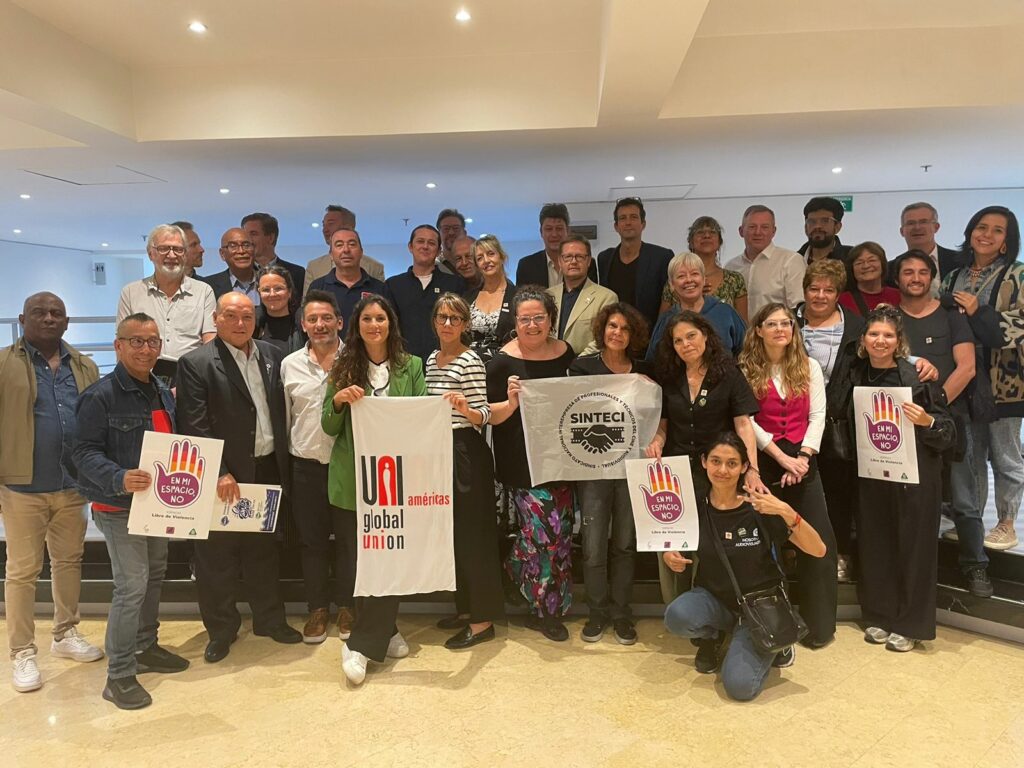At a meeting organised by the World Intellectual Property Organisation (WIPO) and the Societies Council for the Collective Management of Performers’ Rights (SCAPR) held in Singapore from February 11 to 13, 2014, the International Federation of Actors urged governments from the region to lead the way and ratify the WIPO Beijing Treaty without undue delay.
“The WIPO Beijing Treaty – said FIA General Secretary Dominick Luquer – is essential to enhance the socio-economic conditions of performers around the world who, despite their outstanding contribution to the audiovisual industry, are by and large still deprived of a meaningful IPR protection in a large number of countries. The WIPO Beijing Treaty can go a long way towards changing that for the better, when it is ratified by 30 countries and gets full legal force”.
Mr. Luquer also encouraged representatives from Bangladesh, Cambodia, China, India, Indonesia, Nepal, the Philippines, Singapore, Sri Lanka, Thailand and Vietnam to implement the treaty’s provisions carefully and in a way that is most meaningful for audiovisual performers.
“Whilst we all acknowledge that producers must have legal certainty to exploit their work, licensing mechanisms should be designed to enable performers to derive a fair and proportional income from the commercial exploitation of their work”.
The seminar was well attended by representatives of several performers’ unions, guilds and CMOs from the region, who could learn about the substantial provisions of the treaty and how collective bargaining as well as collective management could be best used to maximise the value of the economic rights in the Beijing Treaty. In most of these countries, the protection of audiovisual performers is stuck at Rome Convention level and, as these national laws still largely ignore their IP rights, they usually get little more than a symbolic payment for their creative work.
“Once implemented in national laws – said President of the All India Film Employees’ Confederation Dharmesh Tiwari – the Beijing Treaty’s economic and moral rights will grant unions and CMOs the ability to promote the fair payment of performers by both producers and users, thus establishing a more equitable industry and better workplace for the performers we represent who are trying to make a living in it”.





